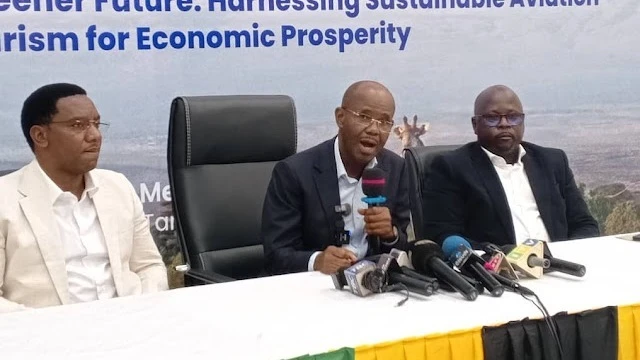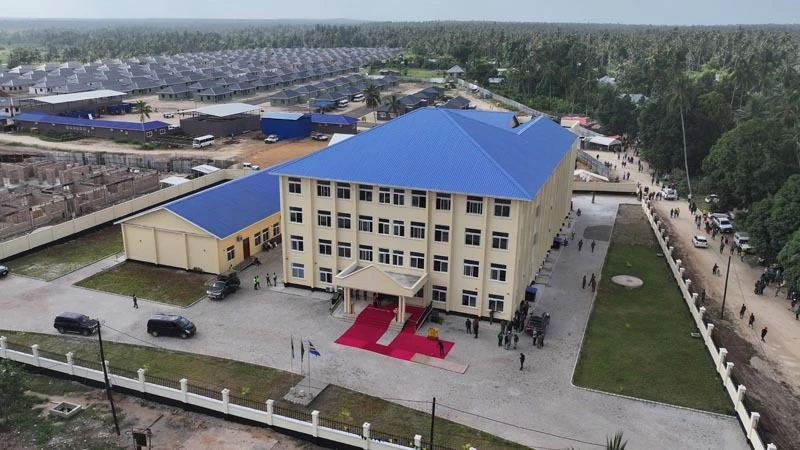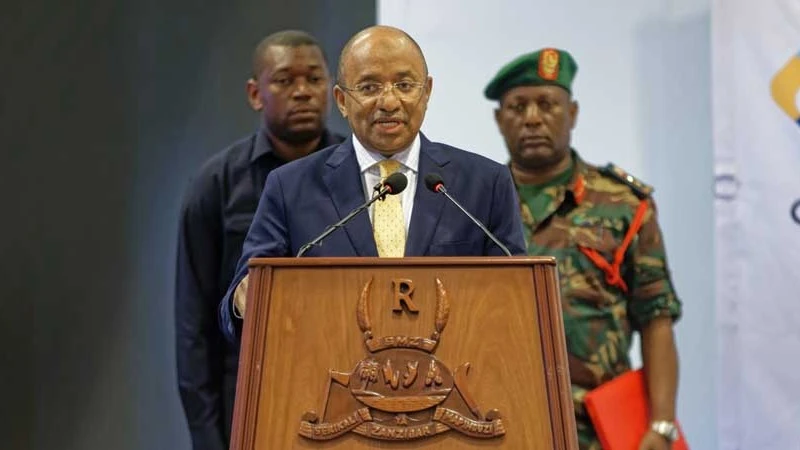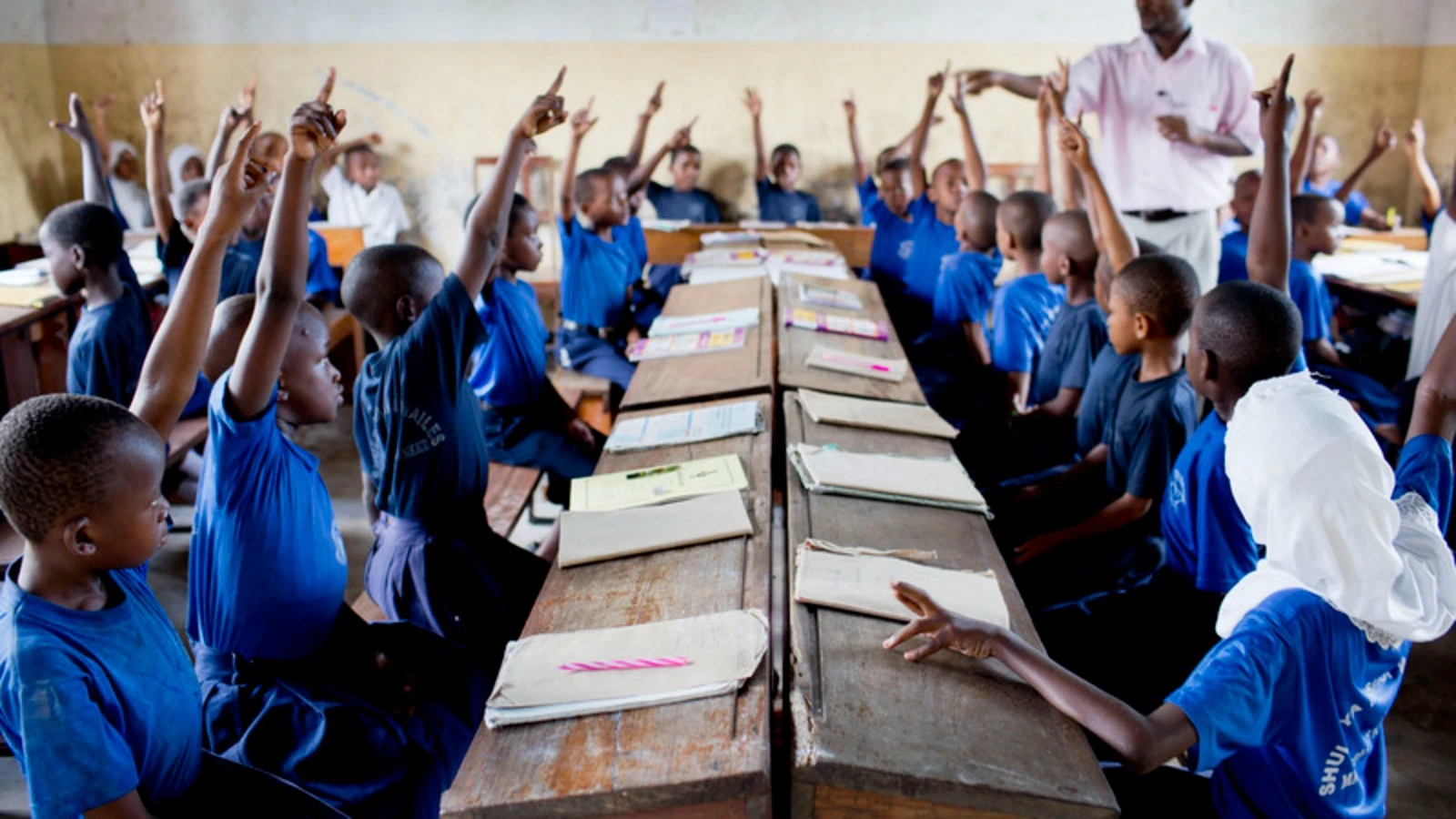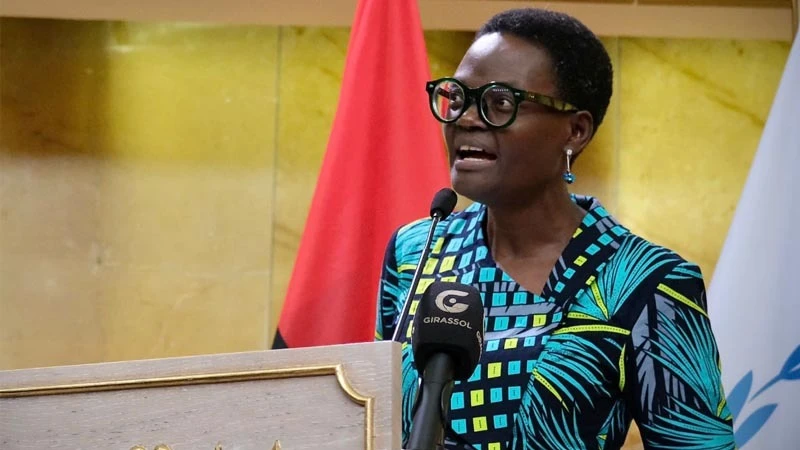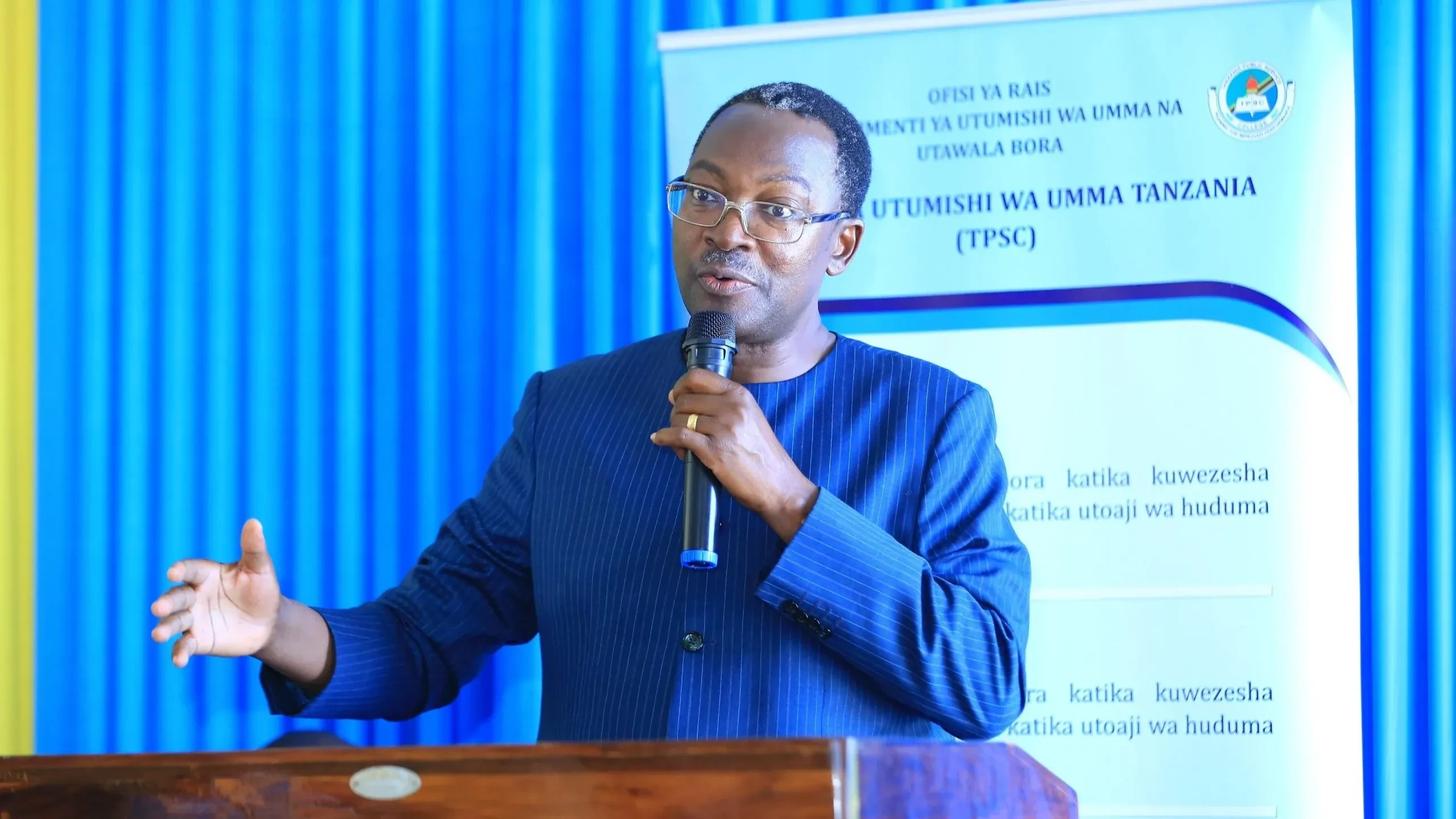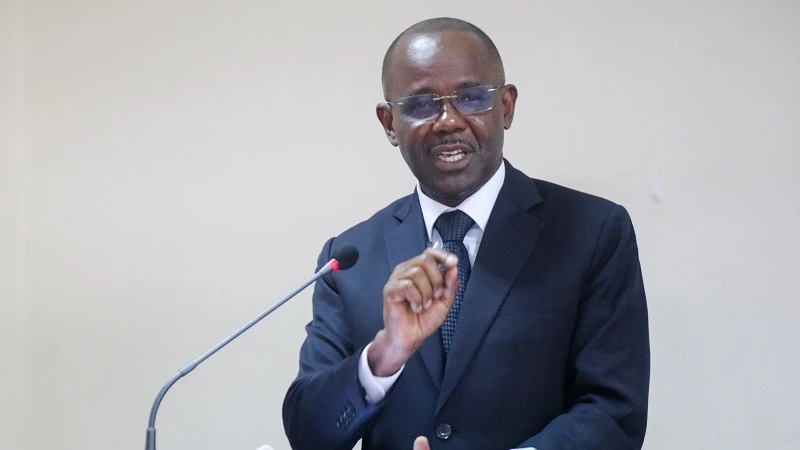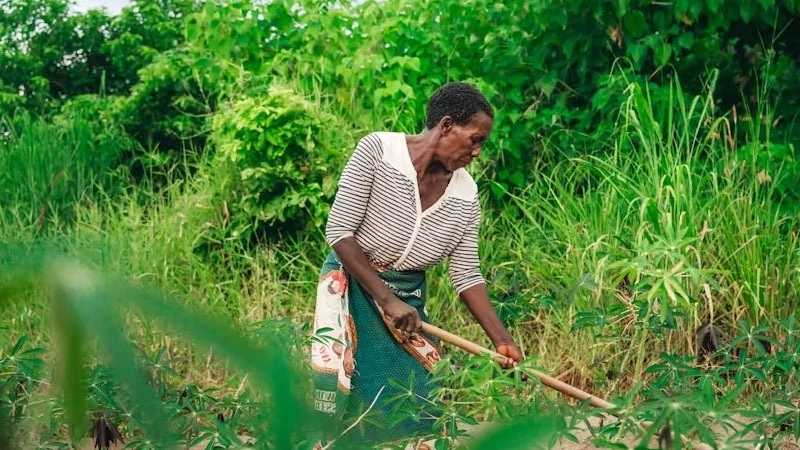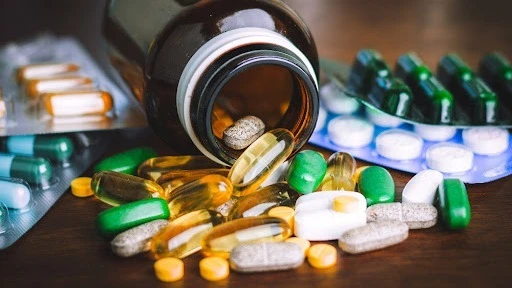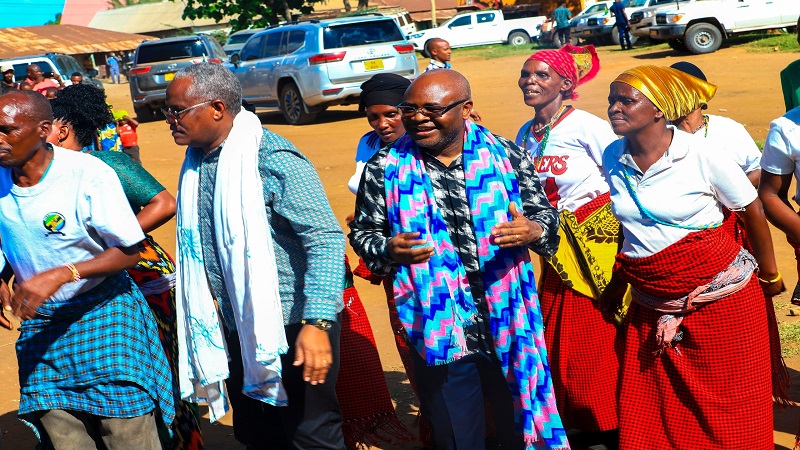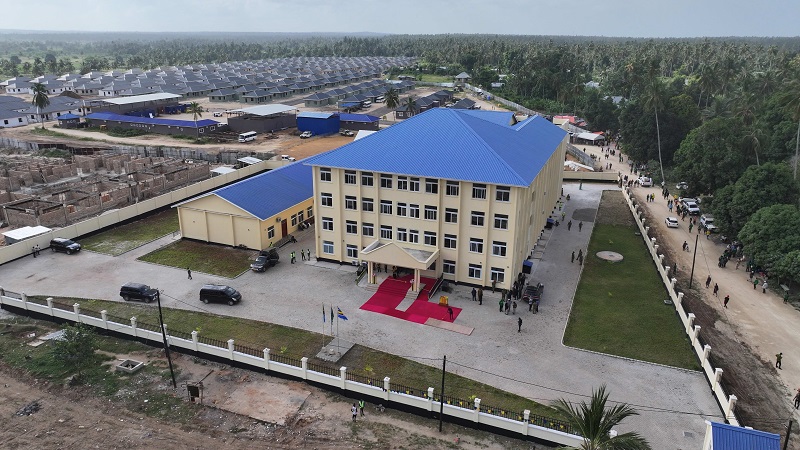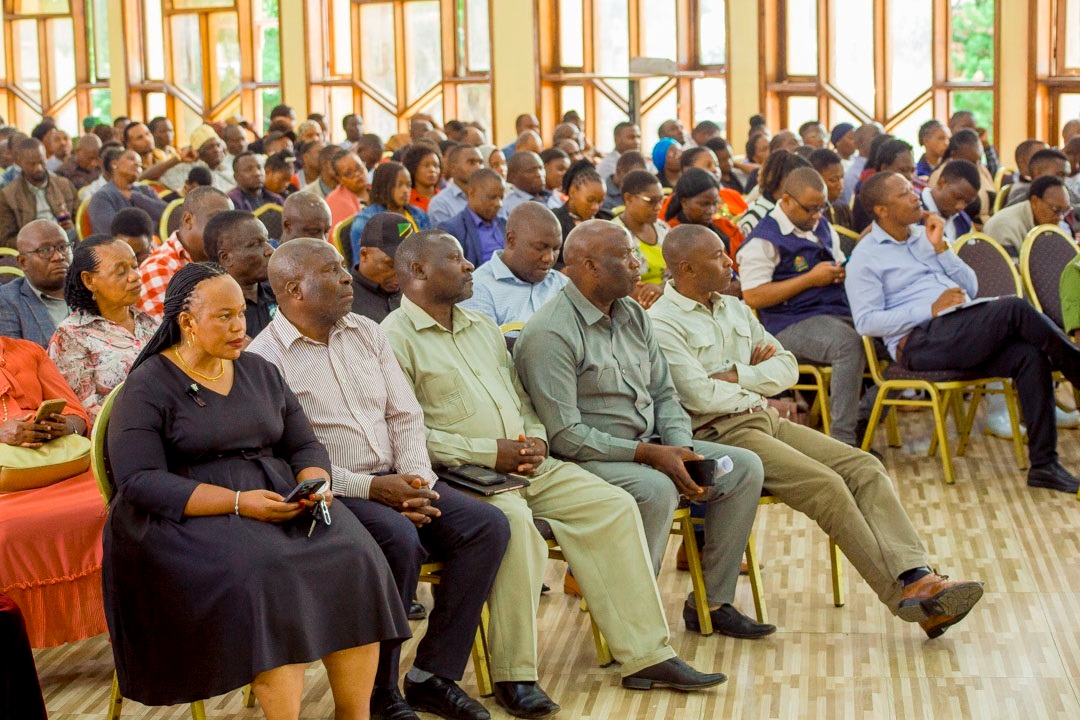Citizens’ expectations as petrol price soars
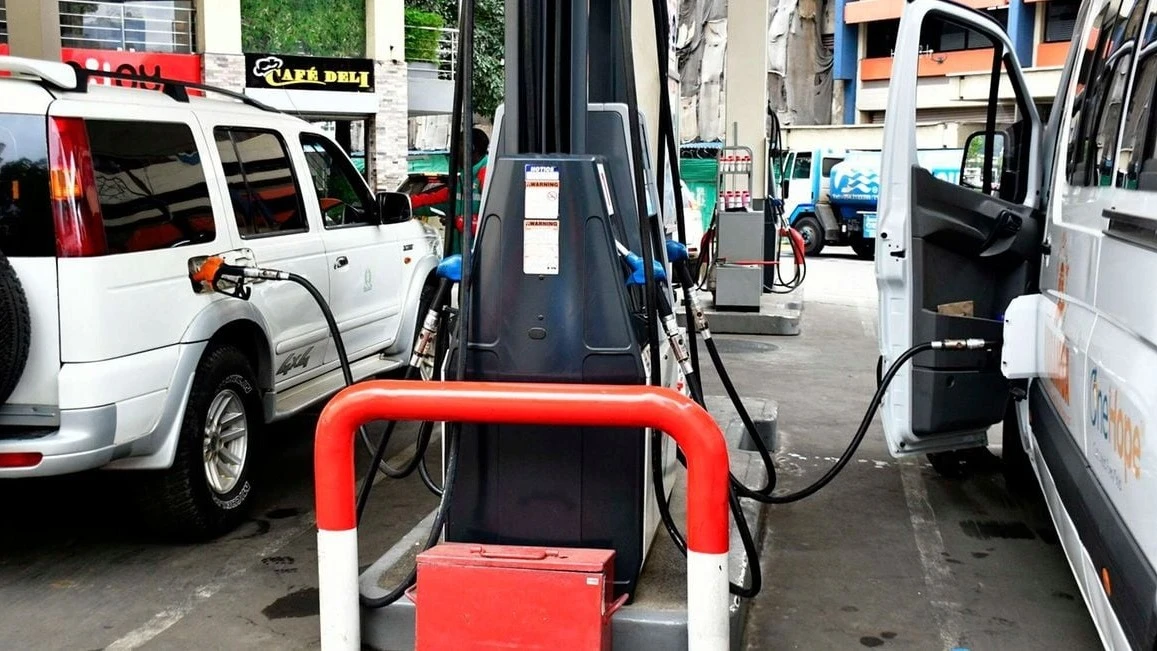
Huge hopes that the return of local refining of premium motor spirit (pms or fuel) like in the days of old would force back transport fares this coming yuletide may have been dashed, as always.
In the paradox called Nigeria which is derided as a country that exports what it does not have and imports what it abundantly has, families are bracing up for higher transport fares beyond the 300% increase witnessed between May 2023 and now. This is as most goods and house needs have spiked to 1000% increase, just as rice has risen from N18,000 to N1,115,000 for best species.
Inquiries around the country showed that easterners in Lagos who wish to travel are expecting higher fares than the outrageous rates already at hand.
Indication came to some of them who were banking on the usual missionary buses that charged pittance. In one church in Yaba, they have increased their trip to the east to N27,000 though some parishioners remain skeptical if that would be real because they expect them to increase it. Some families said they are afraid some top bussing companies would charge as high as N90,000 per person.
This may look little to many families that usually flew but cannot anymore in the face of most airlines charging about N400,000 return ticket per person. Seats may not even be available close to Christmas and New year.
Some transport companies in the east and south-south said they are preparing to increase prices. One of them in Port Harcourt has started increasing prices for those going to the east. This morning, they increased charges for those carrying bags of rice. A worker said they must charge higher for rice because rice is now very expensive. This caused uproar as passengers wondered how the increase in rice would justify increase in transporting it.
Transporters on Enugu-Port Harcourt route said they were getting set to increase prices from the N11,500 it is at the moment.
A driver with a transport franchise gave a breakdown saying with the present rate (N11,500), that a driver is given only N57,000 after loading his bus with seven passengers. “You will buy fuel for the trip with N35,000 and run other expenses and tips on the road. So, how much are you going home with to balance for the day? How much do you keep for repairs that come up any moment?”
He said the only hope is the yuletide (season) when they would have to increase prices. He said most routes have one way traffic meaning you have to charge double because on your way back, you may not get even one passenger. “Somebody loading passengers from Lagos to Owerri on December 23 or 24 will have full load but will go back empty. So, if you don’t double the price, how do you cover the cost of fuel to return empty to Lagos?”
On this argument, many transporters are sure that prices must go higher up no matter what the refineries are saying.
Then president, Goodluck Jonathan, had promised that prices of fuel would crash the year the Dangote Refinery would start operation. He was the president that issued the license to Dangote group. Jonathan had attempted to remove fuel subsidy in 2011/12 but ran into protests that were about to lead to rioting and probable fall of his administration. Even oil union workers leaders who were in Israel privately admitted in chats with this reporter that removing subsidy was the best option for Nigeria but officially they charged the unions on for showdown demanding for return of subsidy, until it was restored.
The eventual plan by the Jonathan administration was to wait for the Dangote Refinery to start operations so the prices could come down and allow subsidy to be removed without a huge spike in prices. The Dangote Refinery rather took many more years to start, thus dashing the hope for quick intervention from Lekki. Subsidy thus persisted all through President Muhammadu Buhari eight years until President Bola Ahmed Tinubu whimsically announced end of subsidy, an action that shot fuel prices to N550 per litre same days and as high as N1500 at a time.
When the Dangote Refinery finally and sluggishly started, another scandal took over; price. The intervention or involvement of the Nigeria National Petroleum Company Limited (NNPCL) as regulator, partner, and distributor changed the story and seemed to dash all hopes of cheap local sourced fuel.
The first crisis was supply of crude; the next was whether to pay in naira or dollar, the next was that the NNPC must be sole distributor; then the Independent Marketers going to court and strike, and so on.
At the end of it all, Dangote who was said to have sold to the NNPC at N766 per litre settled for N970 per litre to independent marketers. It became obvious that the final retailer would never sell below N1000 per litre, making it impossible to feel the impact of local refining by motorists and households.
While the Dangote Refinery was dancing the alleyway of price uncertainty play tune by the NNPC, news broke the PH Refinery had begun truck-out operations. Next, tons of controversies took over: was it actually refining, were the cracking units actually working? Were they buying C5 from Indorama to blend into pms?
After that wave, the next was the price at which the NNPC was selling to NNPCL. The union (Petroleum Products Retail Outlet Owners Association of Nigeria, PETROAN) said they were buying at N1065 per litre. The NNPC reacted and said through Olufemi Soneye that the refinery had not commenced bulk sales.
“We have not yet commenced bulk sales and we have not yet opened the purchase portal as we are still finalising the necessary processes.
“At present, the products we are selling at our retail outlets are what we bought from the Dangote Refinery, which includes the Nigerian Midstream and Downstream Petroleum Regulatory Authority (NMDPRA) fees.
“The product from Port Harcourt Refinery is currently for our retail stores.
“Our prices are regularly reviewed and adjusted as required,” the NNPC Ltd. Spokesperson said.
The statement that provoked the NNPCL was issued by the former president of the PH City Chmaber who is now the National President of PETROAN, Billy Gillis-Harry (PhD) on Wednesday.
The price controversy thus seemed to shift between NNPCL and Dangote to NNPLC and their own Refinery and the PETROAN, an indication that in a deregulated-regulated oil economy, price transparency may be impossible.
With Dangote selling to Independent Marketers at almost N1000 and the Port Harcourt Refinery not sure what its prices should be though they are said to be selling above N1000, the road is still not smiling.
No motorist will drop a kobo from transport rate after buying fuel at over N1000 per litre. Yuletide will always be yuletide, and will always cause a hike.
Bottomline is that as long as inflation caused by subsidy removal and forex float is still raging going even close to 34% and food sector going above 50%, transport fares will not unilaterally slump. At the moment, some stations sold at N1090 in Port Harcourt Friday, December 6, 2024.
The only source that believes it will come down is Tekena T. Ikpaki, chairman of IPMAN in Rivers State, who thinks PMS will fall lower than the current price in the coming days and would surely bring prices down at Christmas and new year.
Most Nigerians would pray for the optimism of Ikpaki, but in their hearts, they think its most unlikely. In Nigeria, you never can tell.
Top Headlines
© 2025 IPPMEDIA.COM. ALL RIGHTS RESERVED











